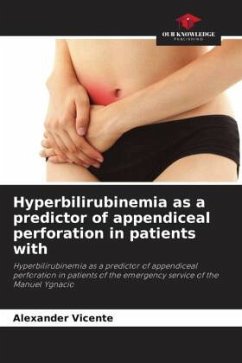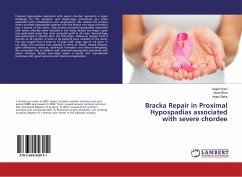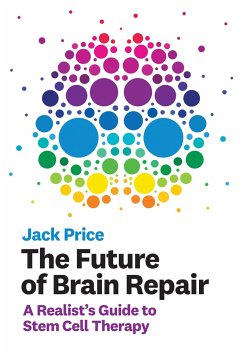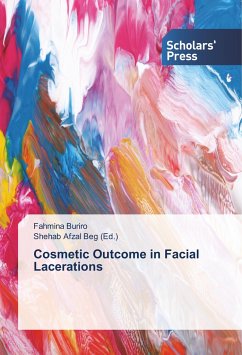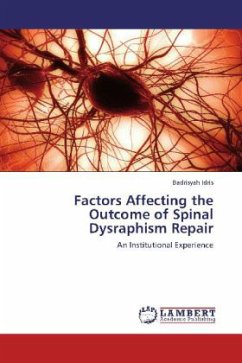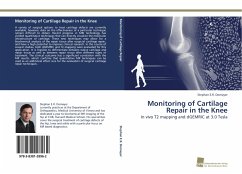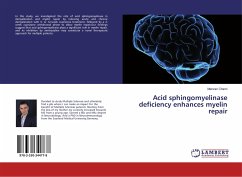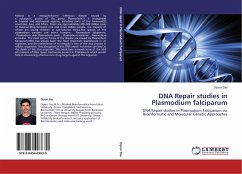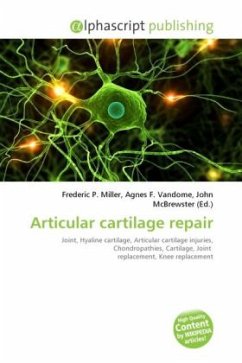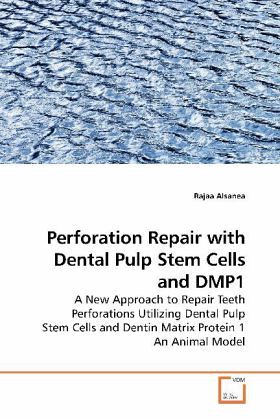
Perforation Repair with Dental Pulp Stem Cells and DMP1
A New Approach to Repair Teeth Perforations Utilizing Dental Pulp Stem Cells and Dentin Matrix Protein 1 An Animal Model
Versandkostenfrei!
Versandfertig in 6-10 Tagen
32,99 €
inkl. MwSt.

PAYBACK Punkte
16 °P sammeln!
Perforations due to iatrogenic errors can compromise the tooth prognosis. There is still no ideal endodontic material in the market to be used in a perforation site. This study evaluates the ability of Dental Pulp Stem Cells (DPSCs) and Dentin Matrix Protein 1 (DMP1) impregnated within a collagen scaffold to induce dentin formation in a furcal perforation site. Under the conditions of this study, it may be concluded that DPSCs impregnated within a collagen scaffold can differentiate into odontoblast-like cells secreting a highly cellular, vascular, and mineralized matrix that can be the ground...
Perforations due to iatrogenic errors can compromise the tooth prognosis. There is still no ideal endodontic material in the market to be used in a perforation site. This study evaluates the ability of Dental Pulp Stem Cells (DPSCs) and Dentin Matrix Protein 1 (DMP1) impregnated within a collagen scaffold to induce dentin formation in a furcal perforation site. Under the conditions of this study, it may be concluded that DPSCs impregnated within a collagen scaffold can differentiate into odontoblast-like cells secreting a highly cellular, vascular, and mineralized matrix that can be the ground substance for dentin formation, in the presence of DMP1.



